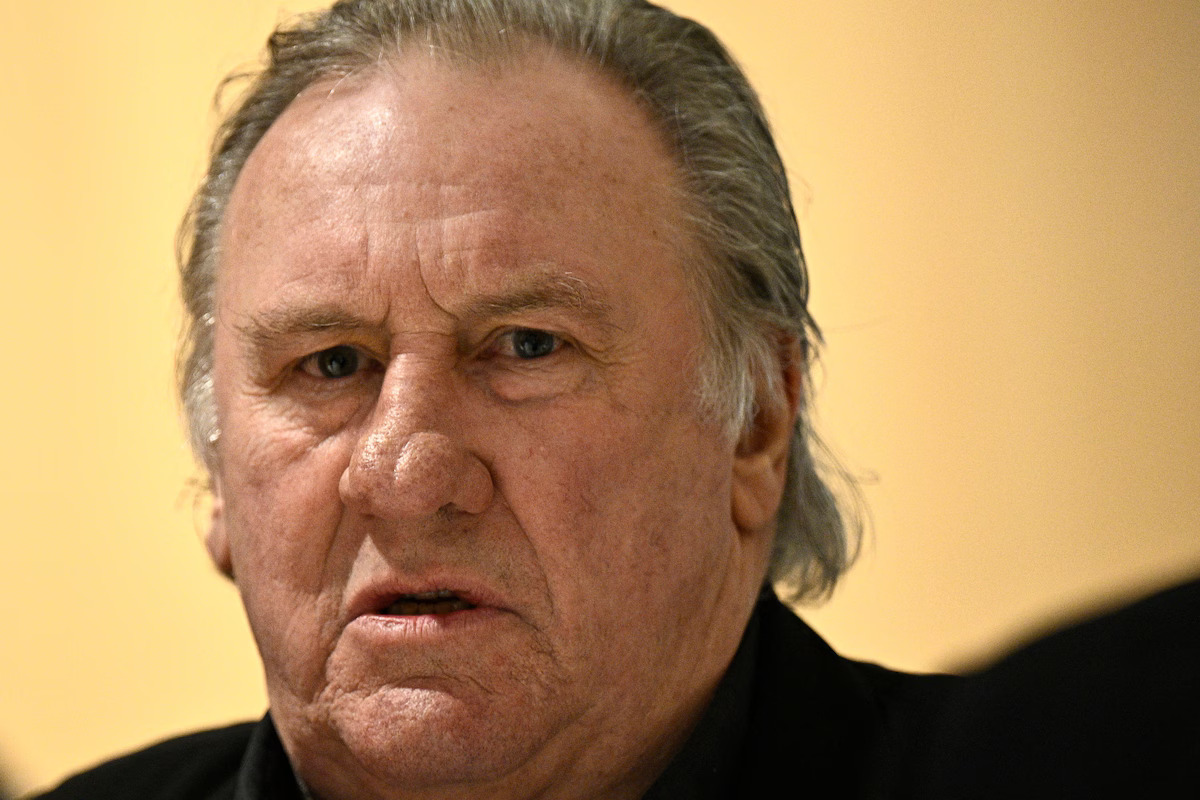French film icon Gérard Depardieu was found guilty on Tuesday by a Paris court of sexually assaulting two women on a film set in 2021. The 76-year-old actor received an 18-month suspended prison sentence, marking a significant fall from grace for a man who once stood at the pinnacle of French cinema. The ruling represents one of the most notable #MeToo-related cases in France, placing the cultural establishment under new scrutiny. Despite the conviction, Depardieu, who did not attend the verdict, plans to appeal the decision, maintaining his innocence.
Depardieu’s Trial Becomes Symbolic Victory in France’s Struggle With Sexual Misconduct
One of the victims, Amelie K, a 54-year-old set decorator, testified that Depardieu groped her and made explicit sexual remarks while filming. She described being terrified and humiliated, while Depardieu allegedly laughed. In court, the actor downplayed his actions, claiming that touching someone’s buttocks did not constitute assault and suggesting that some women were overly sensitive.
However, Judge Thierry Donard criticized Depardieu’s apparent inability to understand the concept of consent and the emotional harm caused to his victims. As part of the ruling, Depardieu was also placed on the national sex offender registry.

Depardieu’s trial has become a symbolic milestone in the French #MeToo movement, which has struggled to match the momentum seen in the United States. Nonetheless, the case is seen as a breakthrough moment, signaling growing awareness and intolerance of sexual misconduct in the entertainment industry and beyond.
Women’s rights advocates hailed the verdict as a meaningful victory, especially in a country where public discourse on sexual violence has historically been more muted. Amelie K herself emphasized the significance of the ruling as a step forward for survivors of abuse.
Public Opinion Divided as Depardieu Case Highlights France’s Cultural Shift on Consent
The court case is just one of several allegations surrounding Depardieu. Actress Charlotte Arnould has accused him of rape, and prosecutors are pushing for a separate trial. Over a dozen women have come forward with various accusations, although not all have pursued legal action. In contrast, some figures in the French cultural elite have rallied to Depardieu’s defense. During the investigation, 50 public figures signed an open letter criticizing the perceived vilification of the actor, while Brigitte Bardot claimed that talented men were being unfairly targeted for sexual misconduct.
The verdict against Depardieu has underscored a deeper cultural reckoning in France around gender norms, power dynamics, and the treatment of women in public and private spheres. High-profile cases like this and the conviction of Gisele Pelicot’s ex-husband for orchestrated gang rapes have contributed to changing societal attitudes. While a generational divide remains evident, there are increasing calls for accountability and systemic change. The Depardieu case may well serve as a turning point, both for the film industry and for how French society approaches sexual violence.


